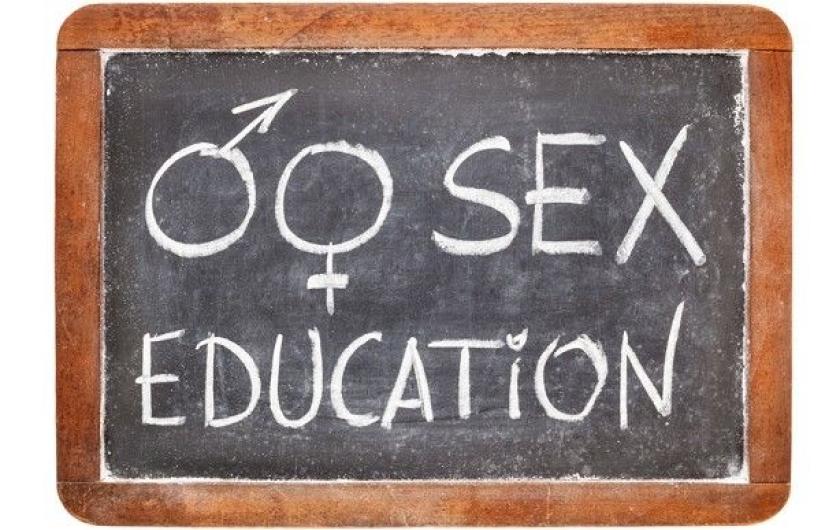In addition to the aforementioned pressured sexting and nonconsesual forwarding, in recent years both the scholarly literature and the media devote ample space to the risks born from sharing personal and intimate material within social media and online messaging platforms.
Of these, two are the most discussed: revenge porn and online sexual solicitations.
Revenge porn:
Revenge porn isdefined as the distribution of sexually explicit images or videos of a person without that person’s consent (Citron & Franks, 2014). Often from an ex-partner, with the goal of threatening or humiliating the person in question, this content may have been originally obtained with consent or, conversely, through coercion, or even through hidden cameras and intrusion into an Internet-connected device.
Revenge porn thus falls within nonconsensual pornography, which has developed like wildfire in recent years on numerous online sites specifically dedicated to it.
The impact of this illicit distribution of intimate and personal material includes public humiliation, feelings of shame and difficulty in starting a new relationship, increased risk of stalking and offline victimization, as well as complex psychological consequences such as panic attacks, anxiety, depression, and post-traumatic stress disorder.
Only recently and as a result of the increasing number of media cases are legal responses being explored to try to counter this growing phenomenon. In Italy, specifically, it is only in 2019 that the bill introducing Article 612-ter into the Criminal Code, which refers to the unlawful dissemination of sexually explicit images or videos, was introduced. In this article, revenge porn, translated as “nonconsensual pornography,” is defined as the act of sharing intimate images or videos of a person without his or her consent, implemented both online and offline.
Online sexual solicitation:
Recent research has shown that sexting by teenagers increases the likelihood of being a victim of sexual solicitation by an adult within a year.
Sexual solicitations are defined as requests or encouragement to initiate a sexually oriented conversation, share personal information sexually, initiate sexual activity, with or without the other person’s consent.
They can thus be divided into different forms:
- Online sexual solicitations;
- Sexual solicitations from adults or peers, from people known even offline or only online, intended or unsolicited.
Sklenarova‘s research and colleagues shows that out of 2238 participants (adolescents aged 14 to 17 years), 51% have had at least one online sexual experience in the past year, among them 14.5% claim to have had it exclusively with an adult and 52.7% exclusively with a peer (or perceived peer), while 31.8% claim mixed experiences.
Most adolescents evaluate these experiences as positive and do not perceive themselves as victims of sexual solicitations. Finally, 5.9% and 10.4% of adolescents report having negative experiences with peers and adults, respectively.
Based on these results, it is possible to understand how it is extremely common for adolescents and young adults to use the Internet to initiate sexually oriented conversations with people they do not always know even offline. This can increase the risk of having experiences with people who pretend to be peers, but who are actually adults under false pretenses. Not only that, can increase the risks of sexual coercion, risky sexual behaviors, egrooming victimization, i.e., being friendly and manipulative with a child, especially on the Internet, with the aim of obtaining-through persuasion-sexual favors not always recognized as such by the child (Cambridge University Press, 2020).
The literature focuses mainly on this age group precisely because compared to the others it appears to be the one most at risk, both in terms of the risk factors themselves and the psychological and social consequences of online interactions for sexual purposes. At the educational level, therefore, all those programs and interventions that enable adolescents and young adults to develop awareness regarding their online actions assume great importance.




































































































